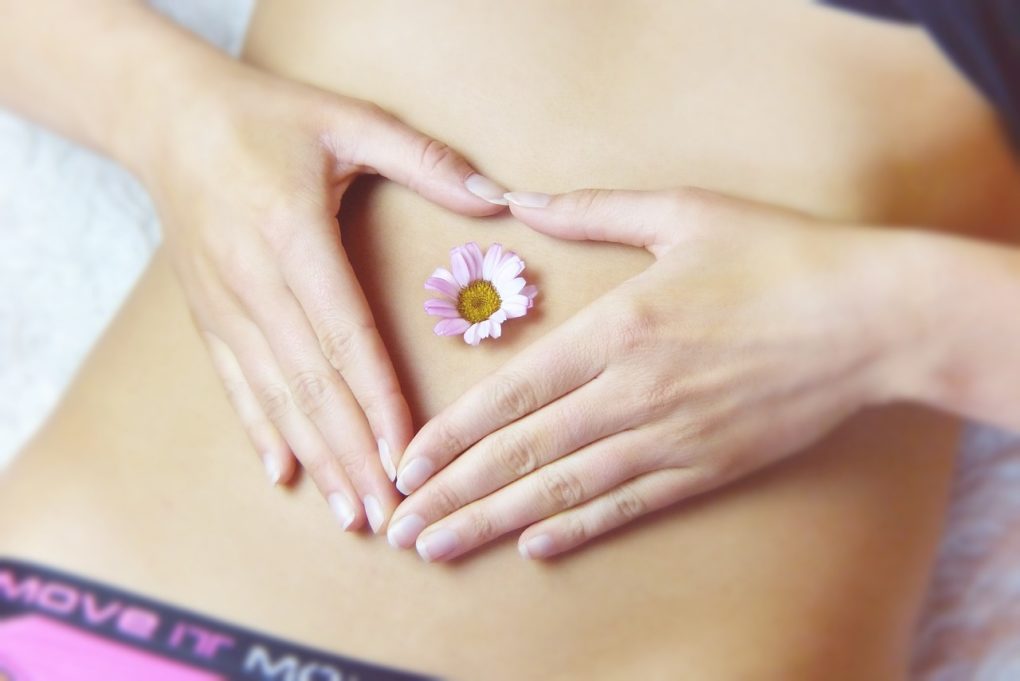IBD Treatment with No Medication? A healthy lifestyle may prevent up to 60% of cases
Leading a healthy lifestyle may be the simple secret to treating inflammatory bowel disease. Scientists reveal that lifestyle changes prevented up to 60 percent of IBD cases in a large international study.
So far, research has shown an association between IBD risk with a variety of lifestyle factors, but there is still no clear link between maintaining a healthy lifestyle and a reduction in disease risk. IBD affects close to three million adults in the United States and 1.3 million in Europe, and there’s no sign of diagnoses slowing down.
The condition has increasingly become more of a health concern in recent years. With that in mind, a team of researchers pulled data from the Nurses’ Health Study (NHS), NHSII, and the Health Professionals Follow-up Study (HPFS) to determine how a healthy lifestyle may prevent it all together.
The Nurses Health Study included 121,700 female nurses (ages 30–55) from 11 U.S. states in 1976. The NHSII study included 116,429 female nurses (ages 25–42) from 15 states in 1989, and the HPFS included 51,529 male doctors (ages 40–75) from around the country in 1986.
The researchers generated modifiable risk scores (MRS) for each participant based on established IBD modifiable risk factors in order to estimate the proportion of avoidable IBD cases. The scores ranged from 0-6, with higher scores signifying more risk factors. The team took into account factors such as weight (BMI), smoking, use of non-steroidal anti-inflammatory drugs like Advil (NSAIDs), exercise, and dietary quality (fruits, vegetables, fiber, fat, red meat intake).
Researchers then estimated the proportion of avoidable cases if the participants led an overall healthy lifestyle. They scored each participant on a scale of 0-9, with higher scores denoting a healthier lifestyle.
What does a healthy lifestyle look like?
The team defines a healthy lifestyle as having a BMI between 18.5 and 25, never smoking, having at least 7.5 weekly MET hours (amount of calories burned per minute of physical activity), consuming at least eight servings of fruit and vegetables per day, having less than half a daily serving of red meat, a minimum of 25 grams of fiber per day, at least two servings of fish per week, at least half a daily serving of nuts or seeds, and no more than one alcoholic drink per day for women or two beverages for men.
The team found that 346 cases of Crohn’s disease and 456 cases of ulcerative colitis emerged. Based on MRS scoring, the researchers estimated that people maintaining a lower risk score could have potentially prevented 43 percent and 44.5 percent of these cases, respectively. They also found that maintaining a healthy lifestyle could have prevented 61 percent of Crohn’s disease cases and 42 percent of ulcerative colitis cases.
 Intestinal Fortitude AI-5 – Herbal Anti-Inflammatory Supplement with CurcuWIN – Turmeric – Curcumin – Boswellia Serrata – Ginger Root – EGCG Green Tea – Gut Health – IBD – IBS
Intestinal Fortitude AI-5 – Herbal Anti-Inflammatory Supplement with CurcuWIN – Turmeric – Curcumin – Boswellia Serrata – Ginger Root – EGCG Green Tea – Gut Health – IBD – IBS
The researchers completed a similar experiment using data from the Swedish Mammography Cohort (37,275 participants), the Cohort of Swedish Men (40,810 participants), and the European Prospective Investigation into Cancer and Nutrition (404,144 participants) in order to see if they produce similar results. This experiment validated their original findings, demonstrating that having a low MRS and maintaining a healthy lifestyle could prevent 44 to 60.5 percent of Crohn’s disease cases and 21 to 56.5 percent of ulcerative colitis cases, respectively.
Relatives of IBD patients at higher risk of developing it too
Though the results appear to support a healthy lifestyle in IBD prevention in both experiments, the team cannot prove that there is causative relationship due to the observational nature of this work.
“A key assumption of our findings is that the relationship between lifestyle factors and IBD development is causal. Though this has yet to be established, several lines of evidence support the critical role of environmental and lifestyle factors in the development of IBD,” the researchers write in a media release.
“Lifestyle modification may be an attractive target for future prevention strategies in IBD,” they add. “This may be of particular relevance to high-risk groups, such as first-degree relatives of IBD patients, who have an estimated 2%–17% risk of developing the disease over their lifetime.”
The findings are published in the journal Gut.
Source: Study Finds
Image: Pixabay


 By
By 
